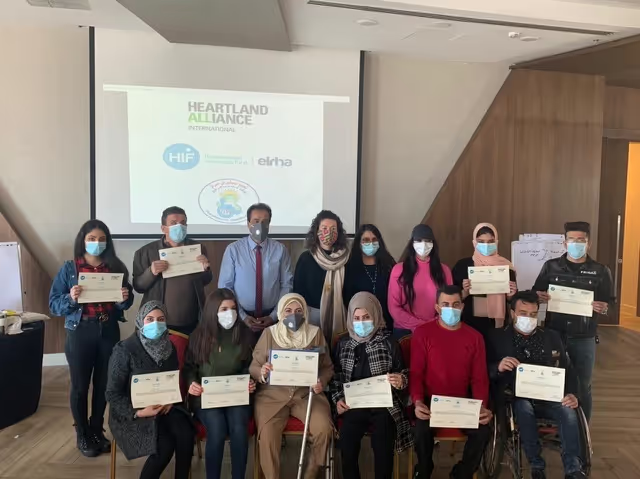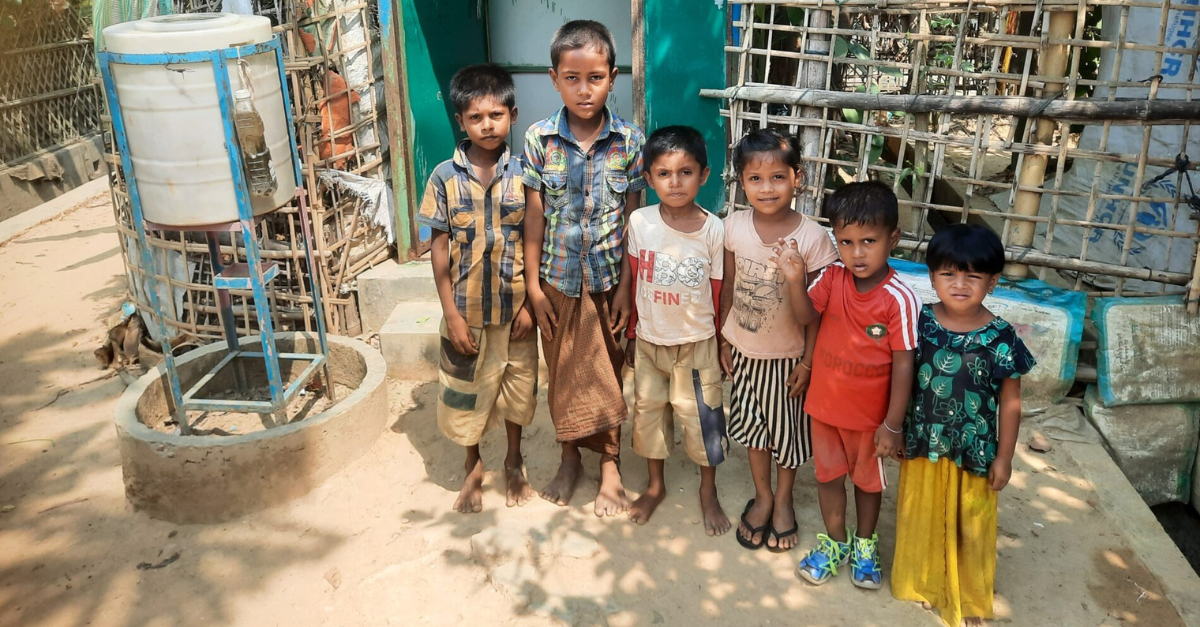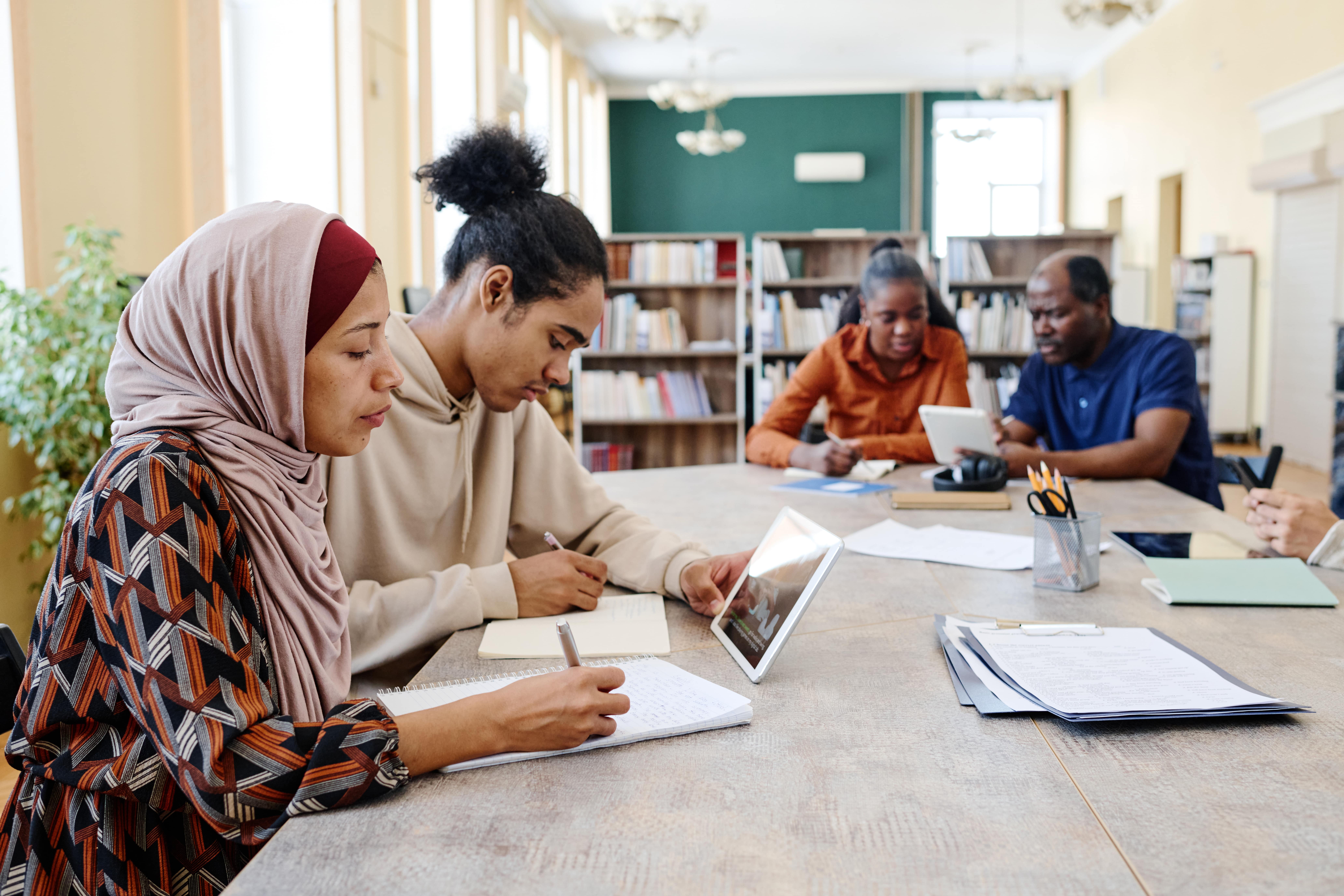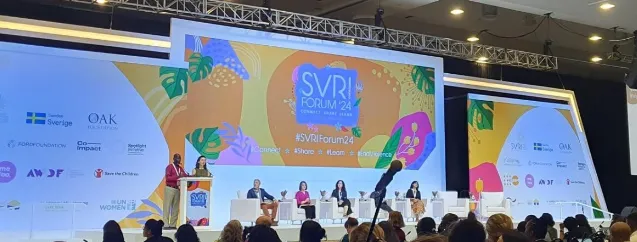Inclusivity and participation in methods development and training

“If there is no justice, we make justice”
Enumerator in Iraq
Setting out to research barriers to accessing GBV services for persons with disabilities and older persons in Iraq, we knew that working directly with persons from these communities would be key to success. We planned to recruit enumerators from these groups, and to hold a methods co-creation workshop with them to ensure the approach and tools were informed by the lived experience of these communities.
;
Accessible Hiring Processes and Diverse Representation
“The message to the community is stronger because it comes from the person with disabilities”
Enumerator in Iraq
;
We designed a plain language version of the enumerator job description and disseminated it through hiring sites and local disabled persons organisation’s (DPO) networks. Despite our explicit preference for persons with disabilities in the job description, we were quickly overwhelmed with hundreds of non-disabled applicants, a frequent risk in humanitarian settings with sparse economic opportunities. However, with support from DPO networks, we ultimately recruited a very talented and motivated team of six persons with disabilities from Mosul, Baghdad, and Sulaymaniyah. Unfortunately, due to the increased risk of Covid-19 to older persons we decided not to prioritise hiring this demographic.
;
In addition to the enumerators, we recruited participants who are deaf and blind to attend the methods development workshop to ensure that the opinions of persons with a wide range of disabilities, including impairments not represented on our enumerator team, could inform our methods. At times, the workshop was conducted in four languages: Arabic, English, Kurdish, and Iraqi sign language!
Learning Point: Consider making disability or other relevant demographic factors an explicit requirement, if allowable in local employment law, and consider accessibility of information and application processes. Accessibility often has associated costs (e.g., sign language translators), and time can be a hidden cost that you should budget for, e.g. taking longer to search for an accessible training venue.
;
Participatory Methods
“With research, we can find the gaps and get solutions”
Enumerator in Iraq
Due to the increased risks associated with travel, we combined our methods development and training workshop into one. This meant that we (researchers in Kurdistan, Federal Iraq, Italy, and Colombia) collaborated remotely to develop drafts of our data collection tools in advance so that they could be used as a basis for discussion in the methods workshop (which was held both in-person and remotely), and that resulting changes to tools could be made efficiently.
;
We elicited attendee input about general considerations to ensure ethical research with persons with disabilities and older persons, and then conducted role-plays to gather specific feedback about our draft tools. Innovative tools reviewed by the team included an ‘easy to read’ consent form, picture supports to facilitate the inclusion of persons with communication disabilities, and story completion prompts for focus groups. In order to create a space where constructive feedback was valued, we gave explicit instructions that the tools were there to be criticised, improved, and adapted to ensure they were easily understood and culturally relevant. Prompts such as ‘We weren’t sure whether this barrier is relevant in your community, what do you think?’ helped to reinforce the idea that critical input was welcome. Participants offered useful feedback and we worked late into the evening to integrate changes in time for validation the next day.
Learning Point: If the turnaround time from feedback to integration is short, have staff and resources ready to go. Showing that we had genuinely incorporated suggestions was key to fostering trust and keeping momentum. Including people with a broader range of impairment types in this stage will increase confidence that research participation will be comfortable and accessible for people with diverse disabilities.
;
Participation Contributes to Quality
“From research, we can get to the core of the problem”
Enumerator in Iraq
;
During the subsequent enumerator training and piloting phases, we found that due to time spent refining and developing these tools together, the team had a strong sense of buy-in and ownership. Enumerators stated how important the data would be for their advocacy efforts in Iraq – which many of them work on through their own DPOs. Some enumerators asked if they could participate as interview respondents, demonstrating their trust in the approach we had built together. Despite logistical challenges related to the pandemic and potential security threats, fieldwork proceeded smoothly with enumerators managing the process efficiently and reaching out for support as needed. The co-created research tools proved to be well-suited to the context and well-received by participants.
Learning Point: Investing time in methods and tool co-creation gives a high return on the time invested, as quality is strengthened and enumerators feel ownership over tools they have helped to design, and investment in the rationale behind the methodology.
;
Written by Claire O’Reilly and Leah James
Stay updated
Sign up for our newsletter to receive regular updates on resources, news, and insights like this. Don’t miss out on important information that can help you stay informed and engaged.
Related articles



Explore Elrha
Learn more about our mission, the organisations we support, and the resources we provide to drive research and innovation in humanitarian response.